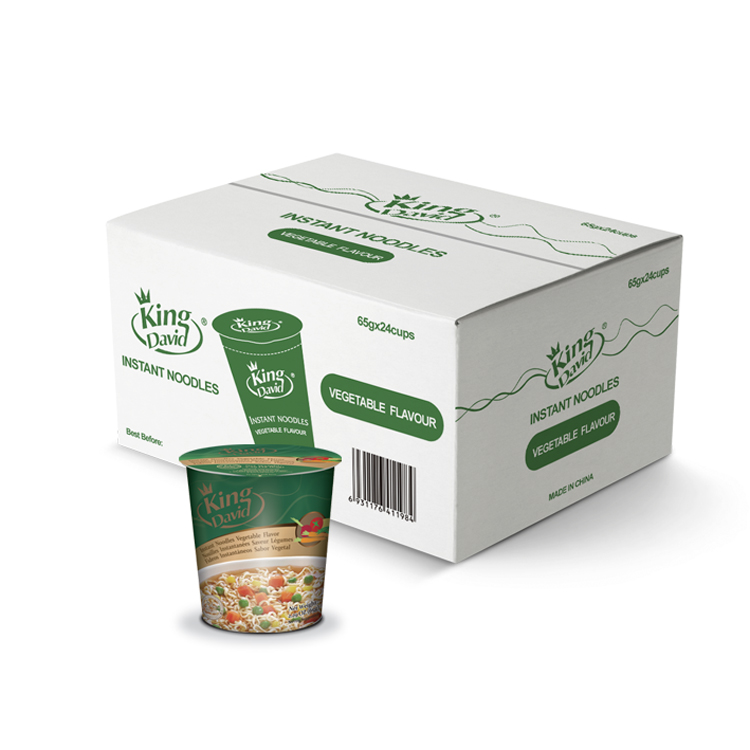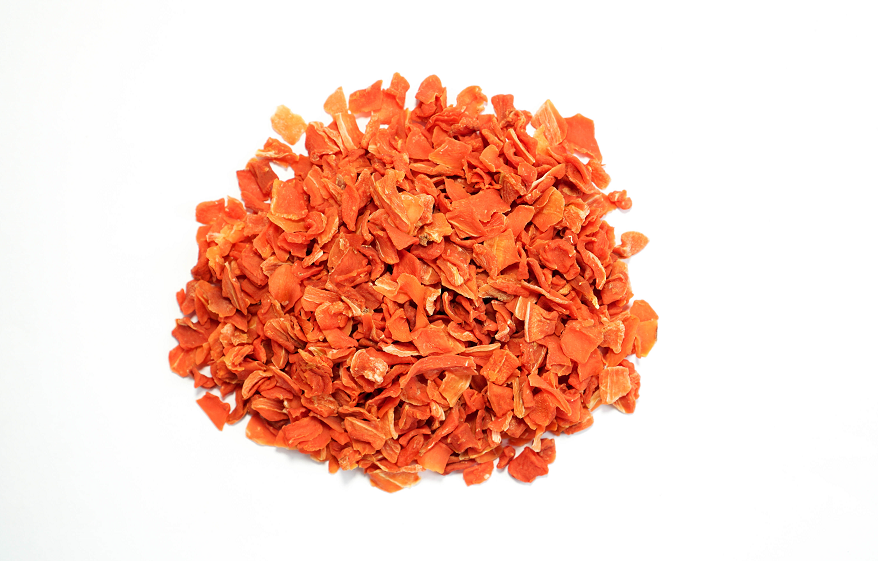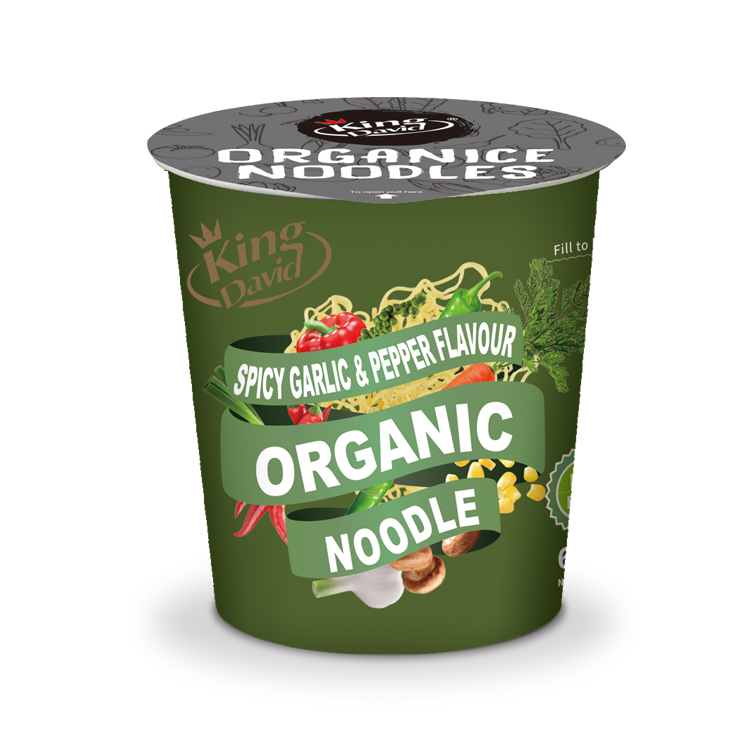Cup noodles, also known as instant noodles, have become a staple in many households due to their convenience, affordability, and quick preparation time. However, there has been a lot of discussion concerning their health effects. This article will look at whether it is okay to consume cup noodles every week, taking into account both the potential benefits and the hazards.
Nutritional Profile Of Cup Noodles
Calories And Macronutrients
A typical serving of Nissin Cup Noodles Chicken Flavor contains approximately 280-290 calories, with 11 grams of fat, 40-41 grams of carbohydrates, and 6-7 grams of protein. This makes it a relatively low-calorie meal option, which can be beneficial for those looking to manage their calorie intake.
Micronutrients
Cup noodles are usually fortified with essential vitamins and minerals including iron and calcium. However, they are often lacking in fiber and other essential minerals like vitamins A and C. This lack of nutritional diversity means that while they can be part of a balanced diet, they should not be relied upon as a primary source of nutrition.

Health Benefits Of Eating Cup Noodles
Convenience And Affordability
One of the most significant benefits of cup noodles is their convenience. They can be prepared in just a few minutes by adding hot water, making them an excellent option for busy individuals or those with limited cooking facilities. Additionally, they are highly affordable, making them accessible to people on a tight budget.
Customizability
Cup noodles are easily adjusted to increase their nutritional value. Adding vegetables, lean proteins like chicken or tofu, and other healthy ingredients can transform a simple cup of noodles into a more balanced meal. This versatility allows for a wider range of flavors and nutritional qualities, making them easier to incorporate into a healthy diet.
Potential Health Risks
High Sodium Content
One of the primary concerns with cup noodles is their high sodium content. A single serving can contain up to 1,430 milligrams of sodium, which is about 60% of the recommended daily intake. High salt intake increases the risk of hypertension, heart disease, and stroke. As a result, it is critical to monitor and balance sodium consumption from other dietary sources when eating cup noodles.

Low Nutritional Value
While cup noodles provide some essential nutrients, they are generally low in fiber, protein, and other vital vitamins and minerals. Regular consumption without supplementation from other nutrient-dense foods can lead to nutritional deficiencies and poor overall diet quality.
Potential Additives And Preservatives
Cup noodles often contain additives like monosodium glutamate (MSG) and tertiary-butyl hydroquinone (TBHQ), which have been linked to various health concerns, including headaches, nausea, and potential long-term health risks. However, these additives are generally thought to be harmless in modest amounts present in food products, and their effects can differ between persons.
Balancing Cup Noodles In A Healthy Diet
Moderation Is Key
The key to incorporating cup noodles into a healthy diet is moderation. Consuming them once a week is unlikely to create any health problems, especially when combined with a diet high in fruits, vegetables, lean proteins, and whole grains. It is essential to ensure that the rest of the diet compensates for the nutritional gaps left by cup noodles.

Enhancing Nutritional Value
To make cup noodles a healthier option, consider the following tips:
Add Vegetables: Incorporate fresh or frozen vegetables like carrots, spinach, or bell peppers to increase fiber and vitamin content.
Include Protein: Add sources of lean protein such as boiled eggs, grilled chicken, or tofu to make the meal more filling and nutritionally balanced.
Use Low-Sodium Broth: Replace the seasoning packet with a low-sodium broth to reduce sodium intake.
Healthy Fats: Add a small amount of healthy fats, such as avocado or a drizzle of olive oil, to improve the meal's nutritional profile.
Conclusion
In conclusion, it is generally acceptable to eat cup noodles once a week, provided they are consumed as part of a balanced diet. If you are still worried about the health of eating cup noodles, organic cup noodles are ideal for you. As a leading cup noodle factory, KINGDAVID is devoted to offering various noodles including instant noodles, organic noodles, air-dried noodles, etc. Please feel free to visit our site for more product details today!





